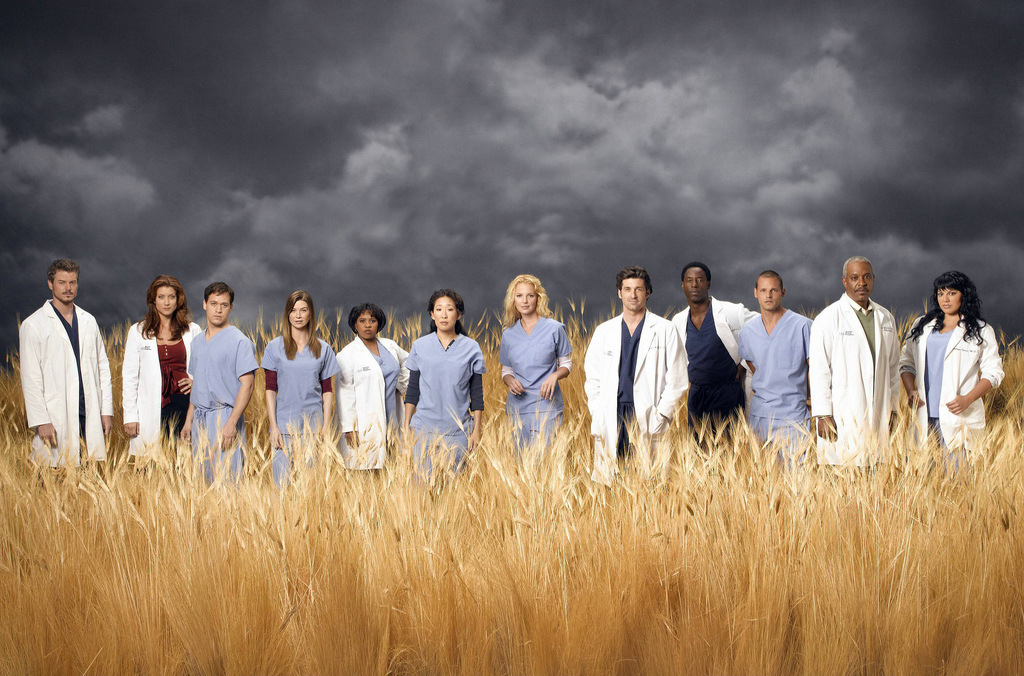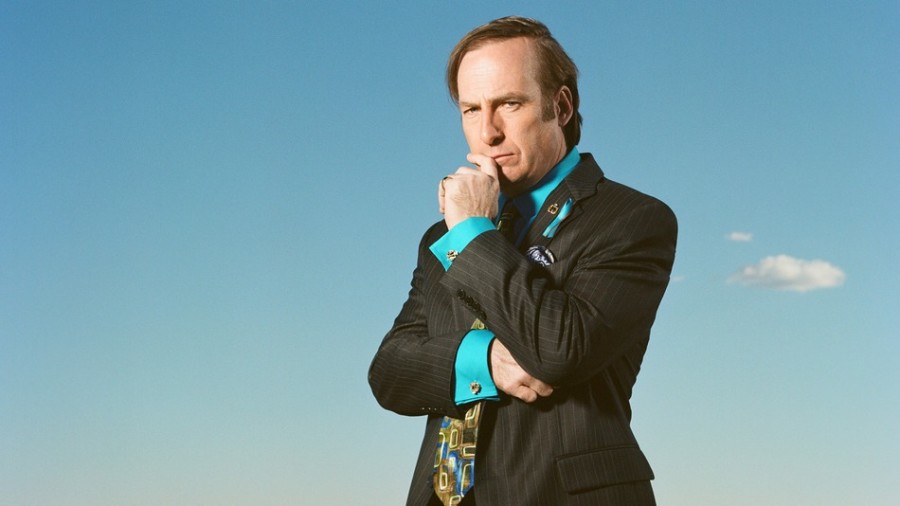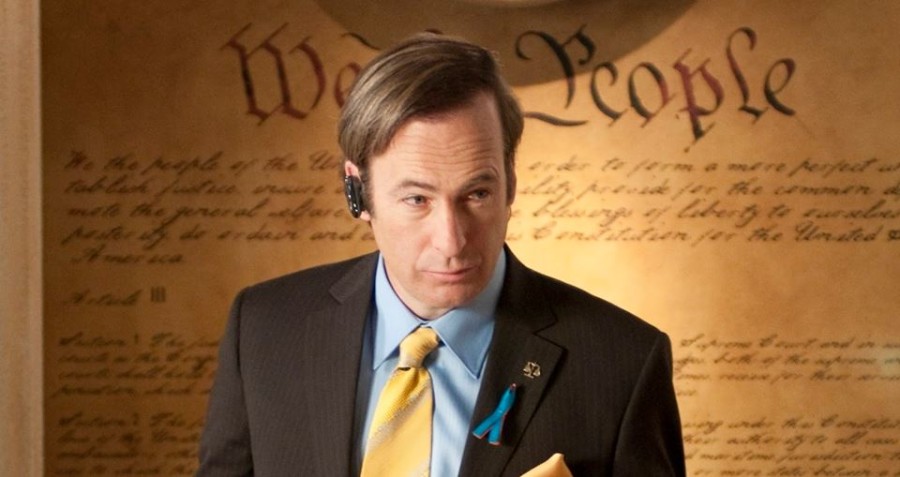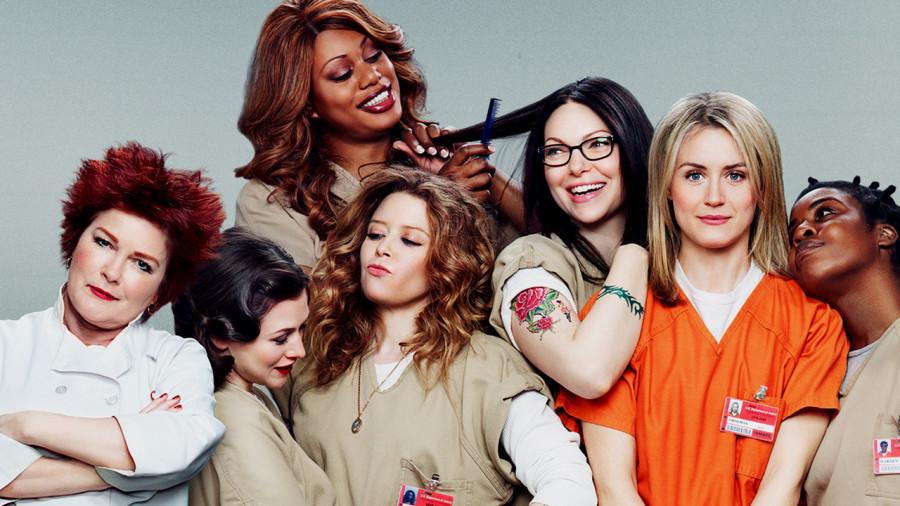
After completing the first season of “Breaking Bad,” I hated the show. The series moved too slowly for my taste, painfully transitioning from one plot point to the next with no seemingly cohesive story lines. The comedy felt out of place, and I could not convince myself to believe that Walt truly needed to cook meth for his family.
Apparently, I was not the only one who did not appreciate “Breaking Bad” for what it was at its inception. The show averaged just barely over one million viewers in its first seven episodes (a meager first season). It’s hard to think that just five years ago, “Breaking Bad” was a struggling cable drama trying to find its footing with a dependable audience.
The show’s sparse ratings for its first view seasons is exactly why show creator Vince Gilligan credits online streaming service Netflix for his show’s survival. He cited the service, and the ability for folks all over the world to talk about the show, as the reasons why the show lasted past season 2. To say the show’s beginnings were humble would be an understatement.
Much like my sentiments regarding the beginning of the series, I initially hated the series finale of “Breaking Bad,” but grew to appreciate it for what it was. It was not what I had anticipated, and I was left with some questions about characters. However, the majority of plot elements were wrapped up with a nice, little bow and delivered to the audience in the form of a 75-minute poetic display that was a nice divergence from the whirlwind of the last half of the season. For readers who have not watched the series finale, I suggest you stop reading here.
What happens to Walt? He dies at the hands of his own gun, protecting Jesse and welcoming his end with open arms. Walt ventures into the meth lab for a walk down memory lane, falls to the ground and dies with a smile on his face. British rock band’s “Baby Blue” plays in the background as the series ends, an appropriate musical end that describes a man’s “special love” for his “baby blue.”
62 episodes ago, Walt wanted to leave money for his family. This has always been the crux of the series; everything Walt has done has been for the betterment of his family once he died of cancer. In the series’ waning hours, he accomplished what he set out to do.
Walt’s death was melancholy. I was sad to see him go, regardless of the atrocities he committed, because he had at last achieved what he so badly wanted and could not witness the fruits of the gift left for Walt Jr. Vince Gilligan should be commended for allowing the audience to feel sympathetic for Walt. He became the living embodiment of Satan throughout the series, a modern-day Scarface. But in his final moments, he left the world a mere shadow of his former self, not a complete departure from it.
As for Jesse, he is freed from his meth-making enslavement, finally able to take his revenge on Todd by strangling him to death with his shackles.
Walt uses the ricin retrieved from his ruined house to poison Lydia’s tea sweetener. The M60 seen during the flash-forward at the very beginning of the season is MacGyvered to the back of Walt’s car, annihilating the Nazis at their compound and mortally wounding himself
Walt’s drug money goes to Walt Jr. in the form of a nine million dollar irrevocable trust to be given to him on his 18th birthday by Gretchen and Elliott Schwartz.
While these elements were all resolved, the ending of the episode leaves the future of many characters ambiguous. What does Jesse do after being freed? Do Gretchen and Elliott give Walt Jr. the money? How does Marie manage, finally learning her husband’s dead body is buried in the middle of the desert? How does Skylar cope with the death of her husband?
There was no way the finale was going to be able to satisfy everyone. But for a series that prided itself on its character development and their moral arcs, it seemed erroneous to leave the futures of many of the series’ main characters up in the air. While so much was resolved, I wish a little bit more had been.
The ending of “Breaking Bad” was very poetic, an aesthetic that many fans of the series were not expecting from a series of this nature. After 24 hours of reflection, I decided that I loved the somewhat happily-ever-after feel of the end. So much of the plot of the show was driven by extreme character deaths and the gruesome reality of the meth business, but none of that was touched on in its final hours, nor did it need to utilize what so many previous episodes capitalized on. In the early moments of season one, Walter White exclaimed that, “Chemistry is the study of change.” And that is exactly what this show did so well. It evolved from poignant bloodshed to poetic resolution, never losing the moral conundrum that was at its heart.
The extent to which “Breaking Bad” will hold up as one of the greatest television series of all time remains to be seen. But what is not debatable is the profound and widespread cultural impact the show had, not just on television, but also in how people consider the themes television shows, particularly dramas, present. Books will be written and classes will be taught about the show, focusing on the moral ambiguity that characterized the show throughout its five-season run.
Because of “Breaking Bad,” AMC, most of its cast and Vince Gilligan are now considered television royalty. They won this crown while still on the air, a remarkable feat not achieved by many during their tenures. There may never be another like “Breaking Bad.” It truly is a hallmark unlike any other past, present or future show.




